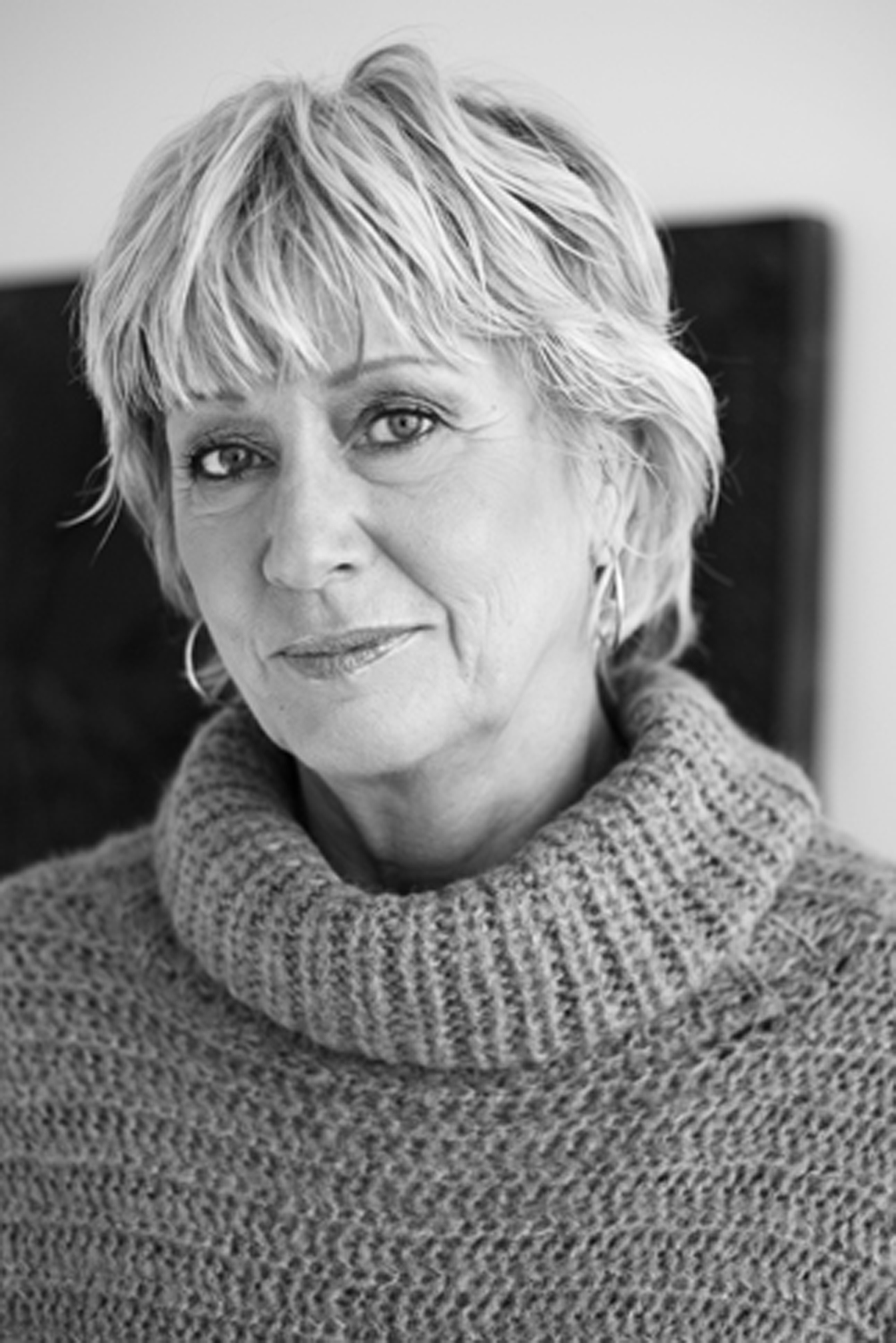A clothing ethicist, a coastal researcher and a professor of electronics are appointed honorary doctors
– Published 14 December 2011

Renée Andersson, responsible for ethics and environmental issues at Indiska Magasinet (a high street chain), is one of three new honorary doctors at Lund University’s Faculty of Engineering. The others are Marcel Stive, professor of Coastal Engineering and Scientific Director at the Water Research Centre, Delft University of Technology, in the Netherlands and Jan Rabaey, professor at the Department of Electrical Engineering and Computer Sciences at UC Berkeley in California.
“Renée Andersson has drawn attention to the importance of combining ethics, environmental concerns and economics within the garment industry. Through her commitment and knowledge she has enabled research and technological development in the field of water purification in South Asia”, says Bo Mattiasson, Professor of Biotechnology.
Marcel Stive is awarded the honorary degree thanks to his significant scientific contribution to the understanding of how climate change will affect the world’s coastal areas. With sea levels rising, this research will be increasingly important, thinks Hans Hanson, Professor of Water Resources Engineering:
“Professor Stive has been a pioneer in calculating mathematically how currents and waves function. Likewise, he has established a scientific basis on which to calculate how a stretch of coastline can develop over the long term. All of this is significant in estimating the effects of rising sea levels. The storms of the autumn have made this problem even more topical”, says Hans Hanson.
Marcel Stive was recently appointed to lead an international scientific group in producing a UN report on critical global water issues.
The third new addition among the honorary doctors, Jan Rabaey, is active in the field of electronics and wireless communication. He is one of the founders behind a world-leading research centre, the Berkeley Wireless Research Center. According to Viktor Öwall, Professor in Circuit Design, he is a very innovative and brave individual who is not afraid of getting his inspiration from science fiction.
“For example his “infopad” project from the beginning of the 90s is seen as the precursor to the iPad of today. He has been an important inspiration to us and also acts as an advisor, among other things, in our research projects”, says Viktor Öwall.
